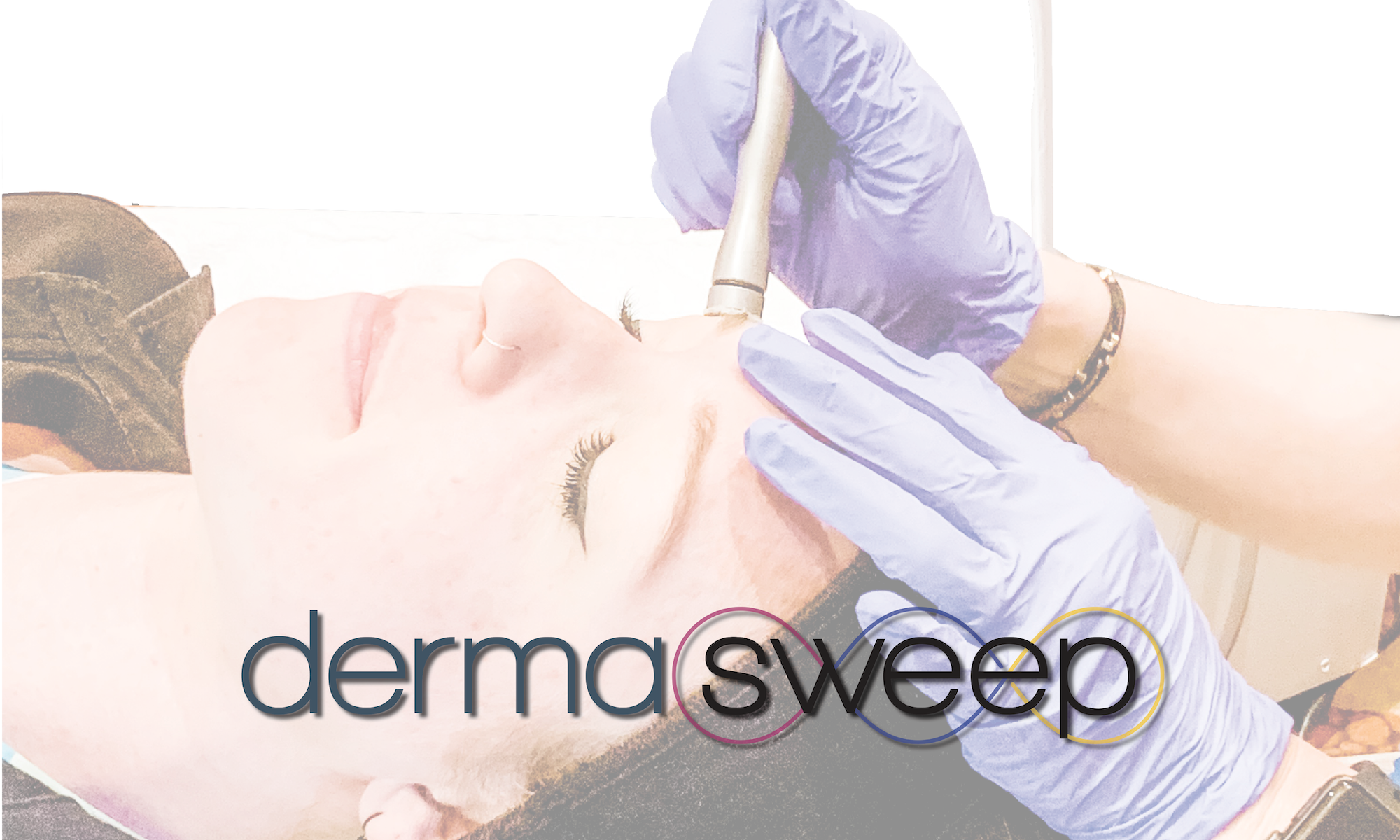
Best Advice to Protect Your Skin This Summer
To ensure youthful skin that will stay healthy and damage-free is to take preventative measures. Sun damage can be detrimental to the skin, causing premature aging and excessive exposure may lead to skin cancer. The American Cancer Society reports, “More people are diagnosed with skin cancer each year in the U.S. than all other cancers combined.” With May being skin cancer awareness month, Oxygenetix is raising awareness in ways to protect your skin. Here are some helpful tips to adopt into your skincare routine this summer.
Use an SPF Every Day
If you plan on spending time outdoors, a broad spectrum UVA/UVB sunscreen is crucial. The Skin Cancer Foundation recommends a minimum SPF 15 or higher every day.
Sun Protection Gear
Bring your sun hat for a stylish way to shade your face and shoulders. Use UV blocking sunglasses to protect your eyes from sun rays. Wear light-colored clothing to deflect the intensity of the sun. Did you know that there are UV protective clothing brands? Check out Coolibar, offering protective clothing for men, women, and children.
Avoid High-Intensity Sun-Times
It is important to protect yourself throughout the day, but be especially aware of the sun between the times of 10 AM and 4 PM according to the Skin CancerFoundation. UV exposure is most intense at noon when the sun is at the highest point in the sky. We tend to dismiss thinking about sun protection during mid-day lunch breaks or long walks to the car, but over time sun exposure like this can cause sun damage.
Check For Skin Irregularities
Stay aware of any changes in your skin, especially after sun exposure. According to the American Cancer Society, some early warning signs of skin cancer include:
- A sore that doesn’t heal
- The spread of pigment from the border of a spot into the surrounding skin
- Redness or a new swelling beyond the border of the mole
- Change in sensation, such as itchiness, tenderness, or pain
- Change in the surface of a mole – scaliness, oozing, bleeding, or the appearance of a lump or bump
“The most important warning sign of melanoma is a new spot on the skin or a spot that is changing in size, shape, or color.” CLICK HERE to learn more about early detection, and when in doubt always seek your local dermatologist or physician.
To learn more about skin cancer awareness visit: https://www.skincancer.org


Leave a comment
This site is protected by hCaptcha and the hCaptcha Privacy Policy and Terms of Service apply.